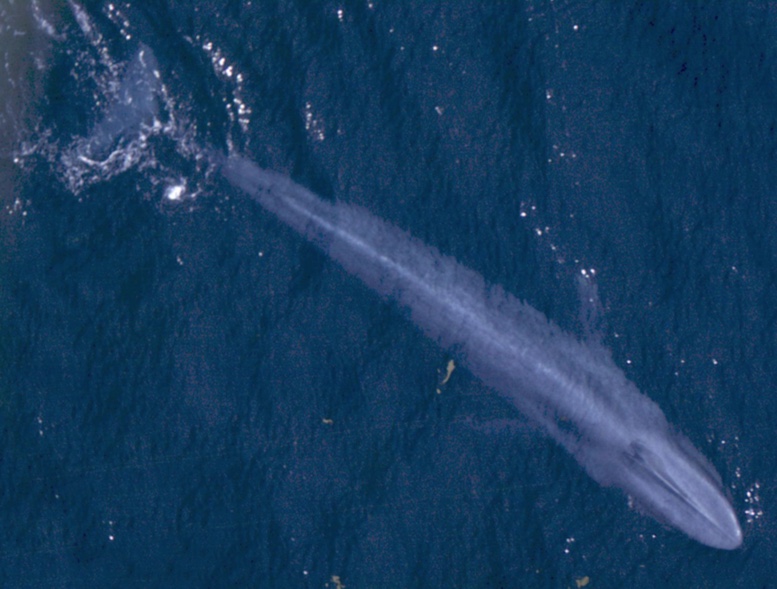On December 2, 1946, a small group of the world’s nations that conducted whaling met in Washington, DC, and signed the International Convention for the Regulation of Whaling. That Convention created the International Whaling Commission, a global group that oversees the conservation of whales and their relatives throughout the world’s oceans.

The Convention establishing the International Whaling Commission (IWC) states that the agreement and IWC were formed “…for the proper conservation of whale stocks and thus mak[ing] possible the orderly development of the whaling industry.” In other words, when created, the task of the IWC was to regulate whale stocks as renewable natural resources, to be harvested sustainably by the world’s whaling nations. They addressed this charge by setting harvest regulations that governed whaling for many decades. The regulations, like many early fishing rules, did little to reduce the overharvest of whales. Consequently, a large range of nations and organizations have changed the IWC and whale management.
From a small number of members who represented whaling nations, the membership has grown to 88 countries (as of November, 2022), many of whom are landlocked and most of whom have no intention to conduct whaling. Consequently, the IWC has become largely an environmental organization with the dominant view that whales and their relatives should not be harvested. In 1986, therefore, the IWC set a moratorium on all commercial whaling. The success of this moratorium is revealed in the growing populations of most whale species, including the de-listing of some populations of California gray and humpback whales from the U.S. Endangered Species List. From a low of only a few hundred remaining individuals, populations of the blue whale, the world’s largest animal, have rebounded several fold. While blue whales are still far below sustainable levels, their continued presence on earth is assured.

Some whaling does continue, however. Both Norway and Iceland, IWC members, conduct commercial whaling on inshore stocks of smaller whales, operating under a provision of the convention that allows them to “object” to the catch limits imposed by the Commission. Japan continues to conduct “scientific whaling” under the provisions of the IWC, but the actions of the Japanese are considered by many to be a sham that merely allows Japanese whalers to kill and sell whales. Aboriginal whaling is allowed in several locations worldwide, including in Alaska, where Inuit hunters harvest bowhead whales.
The IWC relies strongly on the scientific community of whale biologists to provide the data for their decisions. The Commission’s annual Scientific Committee meeting is attended by more than 200 scientists. According to the U.S. Department of State, the IWC Scientific Committee is “…considered the preeminent scientific authority on large whales.” With a moratorium on commercial whaling in place, the IWC has gone on to address other dangers to whale populations, including collisions with boats, entanglement in fishing gear, behavioral changes caused by whale-watching tourism and climate change.
The IWC is headed by an Executive Secretary who oversees a small staff operating out of Cambridge, England. The Commission holds a general meeting every two years at which the rules for whaling are considered. The most recent meeting was held in Slovenia in October, 2022..
References:
International Whaling Commission. History and purpose. Available at: https://iwc.int/history-and-purpose. Accessed December 4, 2017.
U.S. Department of State. International Whaling Commission (IWC). Available at: https://www.state.gov/e/oes/ocns/opa/biodiversity/whale/. Accessed December 4, 2017.
